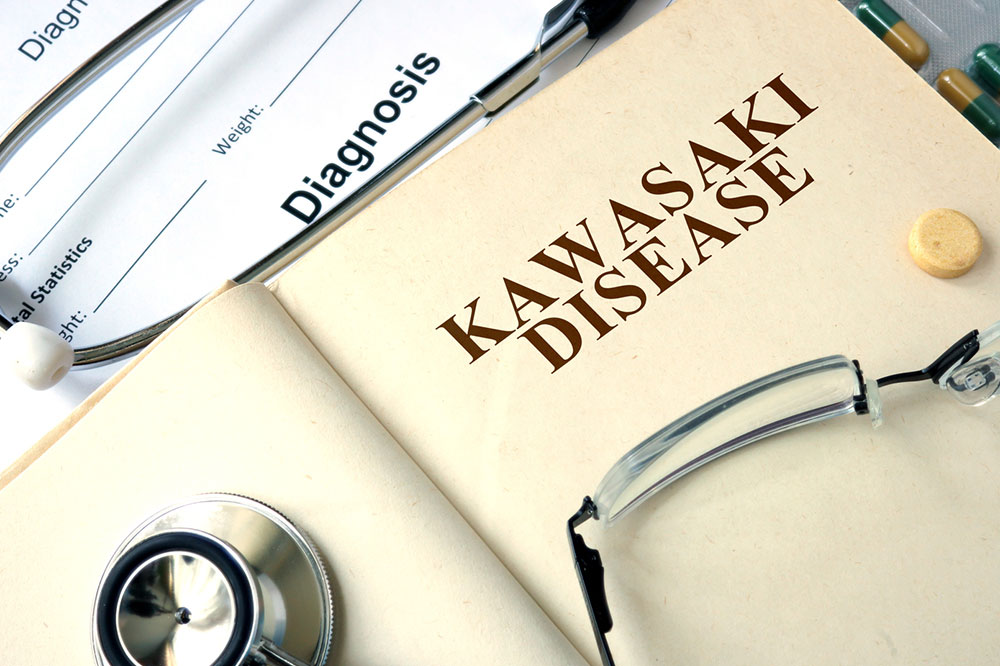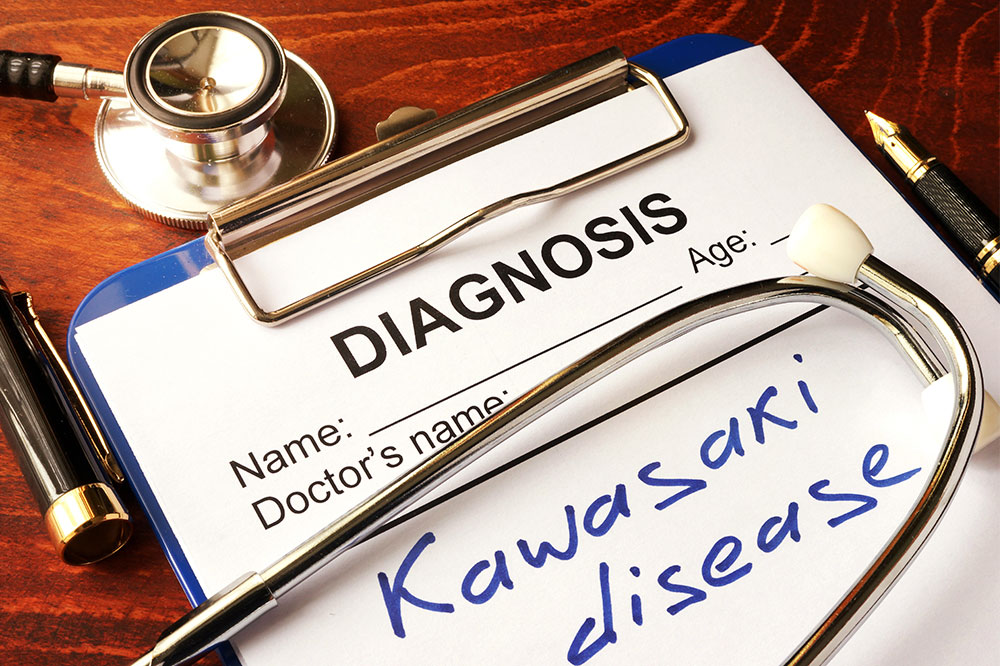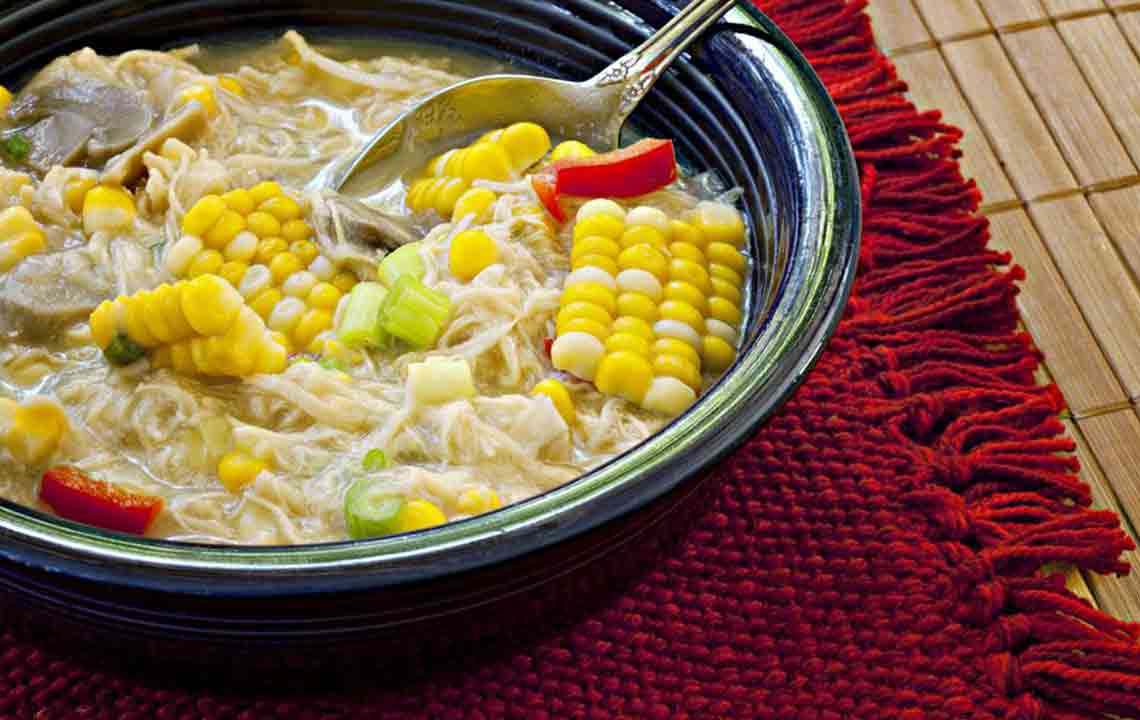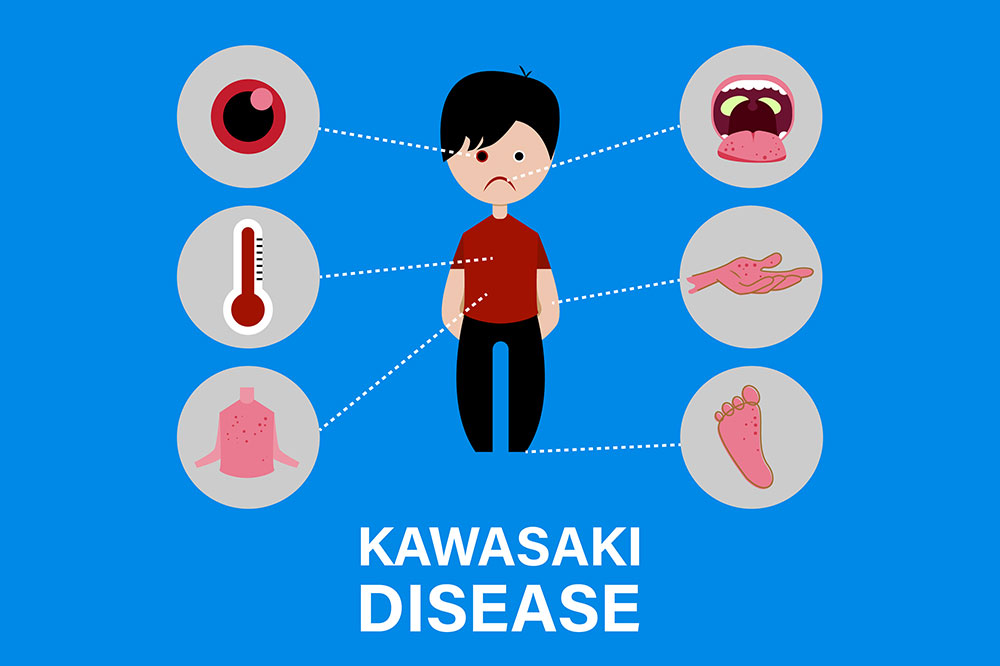Understanding the Influence of Nutrition on Kawasaki Disease in Children
This comprehensive article explores the impact of diet on Kawasaki disease in children, emphasizing recent research on soy intake and nutritional strategies to support health. Understanding how diet influences this inflammatory condition can aid in early prevention and better management, helping parents make informed dietary choices for their children's wellbeing.

The Impact of Diet on Kawasaki Disease Development in Children
Kawasaki disease is a serious inflammatory condition that affects blood vessels throughout the body, including arteries, veins, and capillaries. Known medically as mucocutaneous lymph node syndrome, this disease primarily targets children and remains a significant concern in pediatric health. Annually, there are approximately 4,200 reported cases within the country. The disease can affect children regardless of gender or ethnicity, although statistical data suggest that boys are more frequently affected than girls. Understanding the underlying factors that contribute to Kawasaki disease is crucial for early diagnosis and effective management.
This disease often presents with a range of symptoms such as swollen hands and feet, high persistent fever, abdominal pain, and vomiting. While standard treatments like medications and lifestyle modifications are essential components of managing Kawasaki disease, recent research highlights the potential role of diet in influencing the disease's development and progression. This comprehensive article explores the latest findings on how nutritional factors may impact Kawasaki disease, aiming to shed light on preventive strategies and dietary considerations for affected children and their families.
The Connection Between Diet and Kawasaki Disease
Despite ongoing research, the precise cause of Kawasaki disease remains largely elusive. Genetic predisposition is often suspected, but environmental and lifestyle factors, including diet, are increasingly under investigation. Contemporary studies are beginning to explore how certain dietary habits may influence the risk and severity of Kawasaki disease, potentially opening pathways for preventive measures through nutrition.
A recent study published in the journal Nutrition Research provided new insights by examining dietary patterns and their relation to Kawasaki disease risk in children and infants. The study found that a higher intake of soy-based products might be associated with an increased likelihood of developing the condition. Dr. Michael Portman, a renowned pediatric cardiologist affiliated with Seattle Children’s Research Institute, commented on these findings, stating, “High consumption of soy products such as tofu, soy formula, and edamame could be a risk factor for Kawasaki disease.”
This research suggests that limiting soy intake might be a prudent step for reducing risk; however, it is not a guaranteed method for prevention. Because soy products are common in many children's diets, especially in formula feeding and snack foods, this raises challenges for parents aiming to ensure balanced, nutritious diets while minimizing potential risks.
In addition to focusing on specific food types, promoting a balanced diet rich in fiber, fresh fruits, vegetables, and whole grains remains crucial. Such a diet supports overall health, strengthens the immune system, and may help lessen complications associated with Kawasaki disease. Moreover, it is advisable to limit foods high in gluten, such as certain pastas and crackers, to maintain optimal digestive health and prevent unnecessary inflammation.





